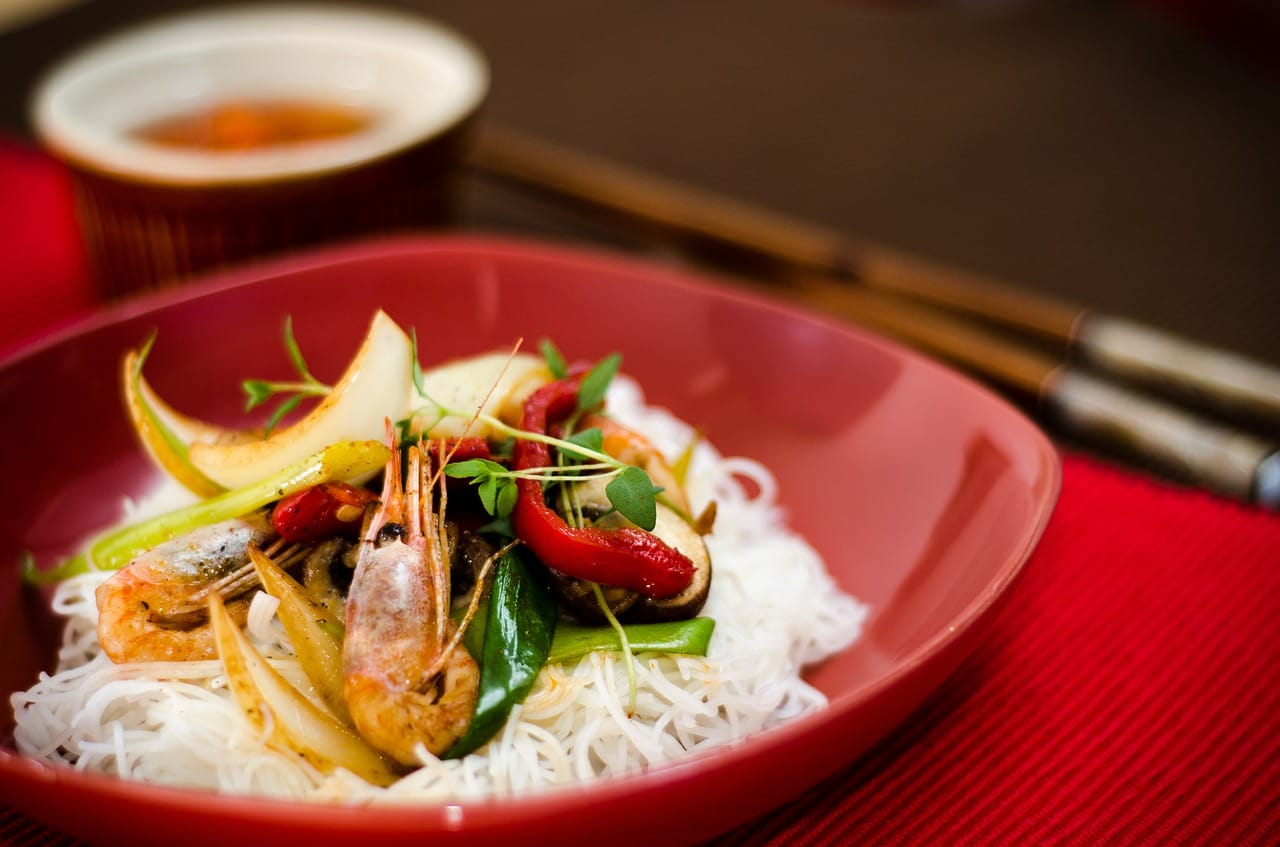Table of Contents
Call me a cynic, but when I see the Te Maramatanga, Fact-checked posts on public health and wellbeing, The Whole Truth, on Stuff, my immediate reaction is to do more research of my own; the very action the public is being asked not to do in this pseudo-medical once-over-lightly column, bought and paid for by the NZ taxpayer.
Trust us, we are the one source of truth. Yeah, Nah.
The very fact that the regular column, The Whole Truth, exists in the fourth estate is a massive warning sign that there is a political agenda behind it, being yet another tax-payer funded method of suppression of free and independent thinking by the exertion of devious social influence.
The latest of these whole truth gems concerns MSG. Yep, monosodium glutamate, an additive to food that enhances flavour, mouth feel and general yumminess because of its umami, or fifth flavour effect. More on that later, but in the first instance, I am more than a little puzzled that, with all that is going down with the economy, with increasing “poverdy” and out-of-control inflation, we are being lectured to about a white crystalline powder. (There are of course other white crystalline powders, but we won’t discuss those as the gangs and their supporters might become distressed).
Covid tensions remain high, opinions are still split between those who agree with the lunacy of the mandates and mask-arade and those who slavishly follow the bandit look, even when in their vehicles, alone. Social media reflects those who think that this government has saved us from certain death and those who consider them to be arrogant, out-of-control tyrannists.
Are you puzzled, as am I, that with all the topics available to focus on, MSG is the one that gets the funding and the column inches? What do they know that we don’t? What is driving this?
Back to The Whole Truth.
Rachel Thomas is a Senior Health Reporter. According to her LinkedIn page, Rachel has a Diploma in National Journalism and a Bachelor of Media Arts, both from the Waikato Institute of Technology. No health experience or health-related qualification and yet she is the Senior Health Reporter for Stuff. Odd that.

‘NO MSG’: we’ve all seen the label, so why do some eateries and foods broadcast the fact they avoid it?
Let’s be clear – there’s no conclusive evidence that MSG is bad for you, or that it causes headaches, heart palpitations, or lethargy.
From what we know – some people do get those symptoms after eating foods with the MSG additive, but the data isn’t strong enough to say MSG is dangerous, or the sole cause of these symptoms.
The Whole Truth: Te Maramatanga (stuff.co.nz)
By setting themselves up as the font of all knowledge they should at least present both sides of the argument to provide a balanced perspective. But no, they don’t do that, preferring to make a call based on their chosen interpretation and with cherry-picked sources to support their side.
A quick Google search for MSG brings up the Mayo Clinic.
The Mayo Clinic is a non-profit organisation committed to clinical practice, education, and research, providing expert whole-person care to everyone who needs healing.
About Mayo Clinic – About Us – Mayo Clinic
The clinic is a respected source of information, and they state:
MSG has been used as a food additive for many years. During this time, the FDA has received many reports of concerning reactions that people have attributed to foods that had MSG in them. These reactions — called MSG symptom complex — include:
Headache
Flushing
Sweating
Face pressure or tightness
Lack of feeling (numbness), tingling or burning in the face, neck and other areas
Quick, fluttering heartbeats
Chest pain
Feeling sick (nausea)
Weakness
But researchers have found no clear proof of a link between MSG and these symptoms. Researchers admit, though, that a small number of people may have short-term reactions to MSG. Symptoms are often mild and don’t need to be treated. The only way to prevent a reaction is to not eat foods that have MSG in them.
Monosodium glutamate (MSG): Is it harmful? – Mayo Clinic
Stuff’s Senior Health Reporter wrote:
Some of the stigma around MSG is likely *rooted in xenophobia, food science expert and psychologist Dr Mei Peng says.
The link supplied * is entitled “MSG is AOK: Exploring the Xenophobic History of and Best Practices for Consuming Monosodium Glutamate” and states:
In January 2020, a campaign pushing Merriam-Webster to redefine CFS (Chinese Restaurant Syndrome) was driven by the assertion that the health consequences of monosodium glutamate (MSG) consumption is very weak, if existent, with the claim itself reflecting racialised, xenophobic undertones.
In 1968, a Chinese-American paediatrician wrote to the New England Journal of Medicine claiming he experienced “a strange syndrome” whenever he ate at Chinese restaurants.
He listed symptoms like numbness at the back of the neck and general weakness which lasted about two hours. In the letter, the doctor said he didn’t have the means to research the substance but called on others in the medical field to look into it. Instead, what happened was published under the damning headline “Chinese-Restaurant Syndrome”.
The title created a misinformed foreign stigma around MSG, Peng says. Every time someone sees a sign boasting ‘NO MSG’ that stigma is reinforced.
Stuff tells us that a health reaction is xenophobic and that signage intended to reassure those who succumb to this xenophobia simply reinforces the ‘stigma’ against MSG and classifies sufferers as xenophobes.
Stuff doesn’t define xenophobia but Merriam-Webster does, as “fear and hatred of strangers or foreigners or of anything that is strange or foreign and a xenophobe as one unduly fearful of what is foreign and especially of people of foreign origin”.
What does this have to do with our Chinese takeaway or Thai takeout and why pick on this somewhat irrelevant subject at this time? Is this yet another distraction from what is happening to our once democratic country?
Xenophobe is partly based on the Greek noun xenos, meaning “stranger, guest, foreigner”. Unlike other phobias, xenophobia isn’t really considered an abnormal condition; instead, it’s generally thought of as just serious narrow-mindedness, the kind of thinking that goes along with racism and extreme patriotism. In times of war, a government will often actually try to turn all its citizens into xenophobes.
Xenophobic Definition & Meaning – Merriam-Webster
So, by introducing the term as a racist experience do we once again become branded because we prefer our Friday night carry-out to be MSG-free? Does the term xenophobe, now introduced in this innocent-sounding article, The Whole Truth, about a food additive, become yet another stick to beat those of us who are already branded as conspiracy theorists and anti-vaxxers and right-wing activists? Are we also xenophobes because we choose to not have MSG in our meals because it does cause us symptoms we do not like to have? Are we displaying “racialised, xenophobic undertones”?
According to Stuff that is exactly what we are doing.
Is there a great temptation to draw a line between this Stuff article superficially about MSG, and further political intervention in our steadily decreasing freedoms and increasing social manipulation by the fourth estate? The increasingly racial separation of New Zealand so that tribal rule and the victimhood of the Maori elite become the new ‘democracy’?
Just asking for a friend.
But I am probably a conspiracy theorist.









